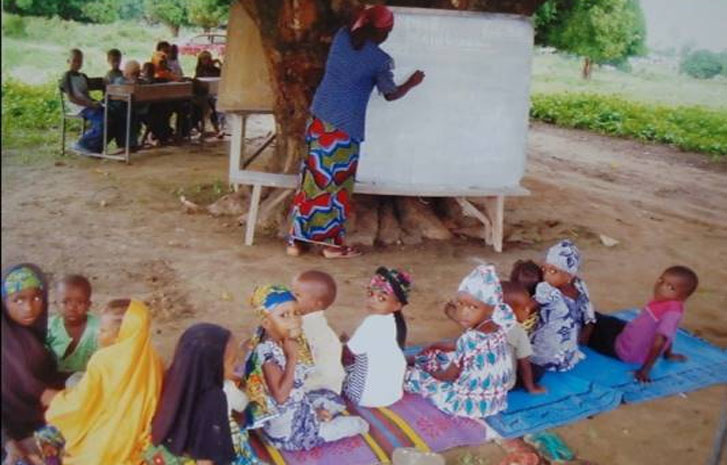‘3.5m nomadic children need school enrollment’
The Executive Secretary of the National Commission for Nomadic Education (NCNE), Professor Bashir Usman, has said 3.5 million nomadic children need to be enrolled into schools. Speaking at the opening ceremony of a 2-day youth empowerment and skills acquisition training for selected youths from Ajingi, Albasu and Gaya federal constituency in Kano, Usman stressed the […]

The Executive Secretary of the National Commission for Nomadic Education (NCNE), Professor Bashir Usman, has said 3.5 million nomadic children need to be enrolled into schools.
Speaking at the opening ceremony of a 2-day youth empowerment and skills acquisition training for selected youths from Ajingi, Albasu and Gaya federal constituency in Kano, Usman stressed the need for the northwestern states to provide adequate teachers and infrastructure at the primary education level to cater for them.
- World AIDS Day: ‘People Rather Sit With COVID-19 Patients Than An HIV Positive Person’
- Terrorism May Persist For Another 20 Years In Nigeria – Buratai
He said the commission was ready to partner with relevant governments and individuals to ensure that the Nomadic Education Programme (NEP) continues to yield the desired result.
According to him, a participatory needs assessment conducted by the commission necessitated a new initiative that is community-driven to empower youth with skills for sustainable livelihood.
To this end, 600 selected beneficiaries were identified and in the first tranche, 120 are being trained on livestock development, dry season farming, fashion design and hairdressing in three LGAs of Ajingi, Albasu and Gaya in Kano State.
He said the initiative is aimed at empowering the youths to be self-reliant, reduce poverty, restiveness and other social vices like cattle rustling, kidnapping, rape and rural banditry.
“With empowerment, the future of the youths is secured because these are the people that are the future entrepreneurs of any nation,” he said.
In his remarks, the Director, Extension Education and Skills Development, Dr Abdu Umar Ardo, said the training was necessary to develop the capacity of the beneficiaries to be able to successfully build their skills based on their preferred needs.
